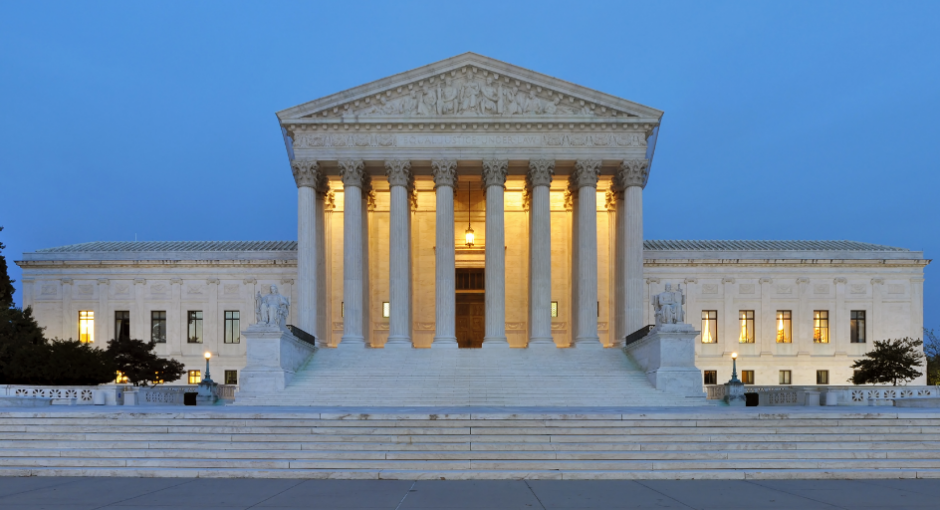Federal health officials “violated unambiguous statutory commands” in 2018 when they lowered lower Medicare Part B drug reimbursement rates for 340B hospitals by nearly 30% and their decision should be set aside, hospital groups and individual hospitals told the U.S. Supreme Court last Friday.
The groups told the court on Sept. 3 that the Medicare statute does not preclude administrative or judicial review of the decision to cut 340B hospitals’ drug reimbursement. They also said a 1984 legal precedent about when courts should defer to federal agencies’ statutory interpretations “cannot justify” the U.S. Centers for Medicare & Medicaid Services’ (CMS) action.
CMS implemented the cut under former President Trump on the grounds that it aligned Part B reimbursement more closely with 340B drug acquisition costs and that it reduced beneficiaries’ costs (in a hospital outpatient setting, a person pays 20% of the Medicare-approved amount for a covered Part B drug). Payment for 340B disproportionate share hospitals, rural referral centers, and non-rural sole community hospitals fell from the standard average sales price (ASP) +6% to ASP -22.5%, costing those hospitals an estimated $1.6 billion a year in lost revenue.
In a blow to 340B hospitals, the Biden administration in July proposed keeping the cut in place in 2022. Comments on the administration’s hospital Outpatient Prospective Payment System proposed rule for calendar year 2022 are due next week Friday, Sept. 17.
The American Hospital Association, America’s Essential Hospitals, the Association of American Medical Colleges, and three 340B hospitals are appealing a federal appeals court’s 2-1 July 2020 ruling upholding CMS’s drug reimbursement cut. The Supreme Court agreed to hear the case this July.
The hospital plaintiffs say CMS illegally disregarded the methodology for setting outpatient drug reimbursement rates that Congress set forth “in meticulous detail.”
“The agency’s action in this case was nothing less than an audacious administrative repeal of the express limitations Congress imposed on its authority,” the plaintiffs say. “Congress took particular care to constrain the agency’s power to set rates for outpatient drugs, and the agency simply decided that it would prefer not to respect those limitations. This is not merely a situation in which the agency has departed from the best meaning of the text of the statute it is charged with implementing. Here the agency has violated unambiguous statutory commands.”
CMS’s action “cannot be defended” under the high court’s 1984 decision in Chevron v. NDRC “or on any other ground,” the plaintiffs said. “It is an affront to the separation of powers, and it should be reversed.”
In Chevron, the court held that when a federal statute is silent or ambiguous on a given point, lower federal courts must decide whether the federal agency interpretation is based on a permissible construction of the statute, and is not arbitrary, capricious, or manifestly contrary to the law.
In opposing the plaintiffs’ petition for Supreme Court review, the federal government argued first that the Medicare statute precluded such lawsuits. It argued, second, that even if the justices disagreed that the suit was barred, the justices should uphold CMS’s payment decision for 340B hospitals as reasonable and permissible under Chevron.
Defendants in cases before the Supreme Court have 30 days to file their reply to the petitioner’s brief unless the court grants them an extension of time to file.


